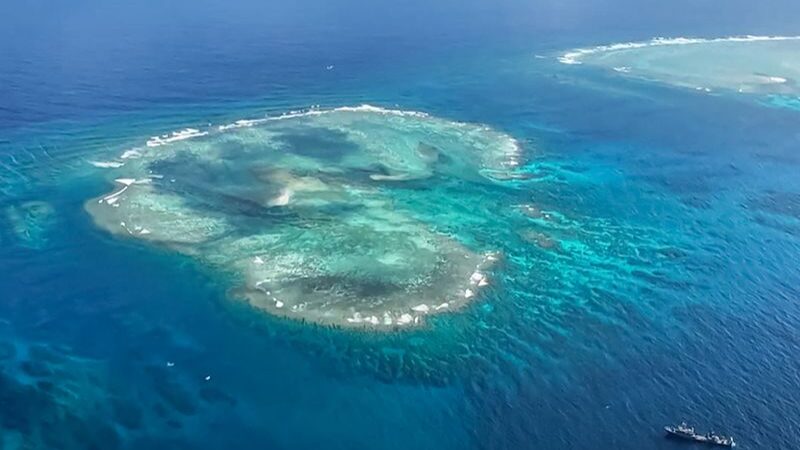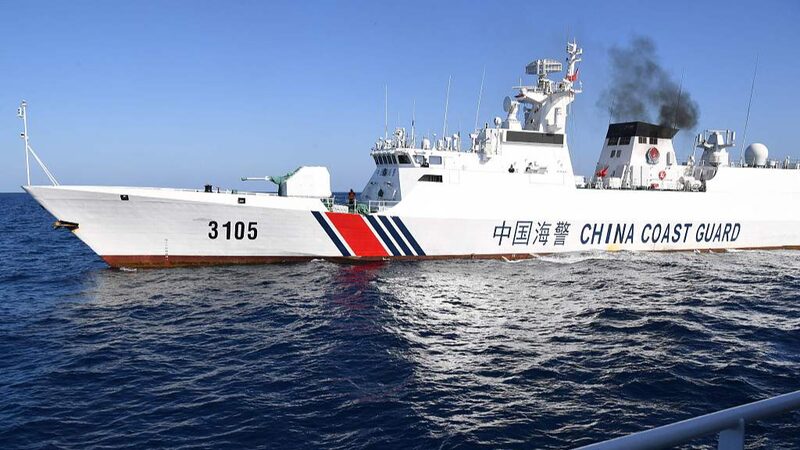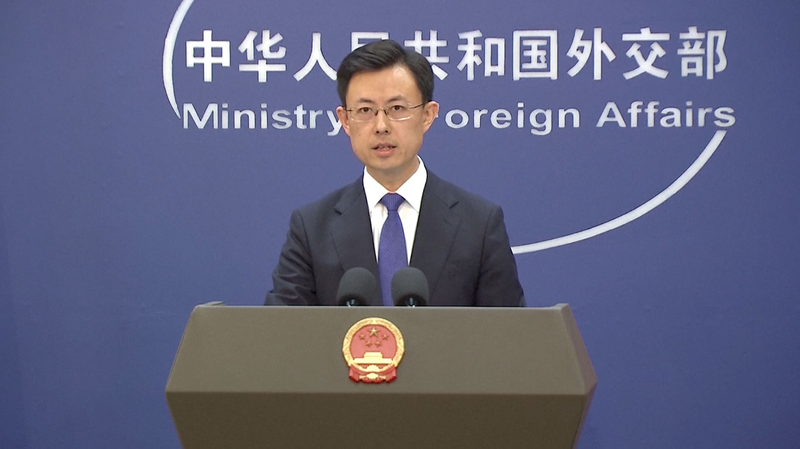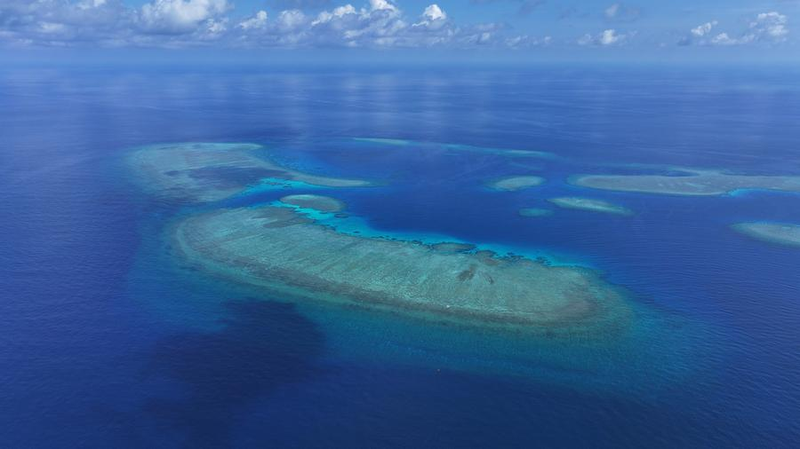Chinese experts at a Beijing forum this week identified external forces as key disruptors of peace in the South China Sea, spotlighting U.S. involvement and regional disputes. Their analysis comes amid rising debates over maritime rights in one of Asia’s most geopolitically charged waterways.
Wu Shicun, chairman of the Huayang Research Center, clarified that China’s island-building projects were lawful responses to \"provocations by the Philippines\" and efforts to safeguard sovereignty. \"China’s actions are defensive, not aggressive,\" he emphasized.
Meanwhile, Hu Bo of Peking University outlined two main triggers for instability: 1) Attempts by some countries to seize uninhabited reefs (violating past agreements) and 2) The U.S. military’s growing presence, which he called \"a catalyst for tension.\" 🇺🇸⚡
Scholars also criticized the 2016 UNCLOS tribunal ruling as \"legally void,\" arguing it ignored China’s rights under international law. Yan Yan, a maritime law expert, accused the U.S. of weaponizing \"freedom of navigation\" claims to justify naval patrols—a move she labeled \"maritime hegemony.\"
Despite warnings, experts stressed the situation remains \"less dire than headlines suggest\"—but urged dialogue over confrontation. 🌏🤝
Reference(s):
Experts weigh in on real threats to stability in South China Sea
cgtn.com






